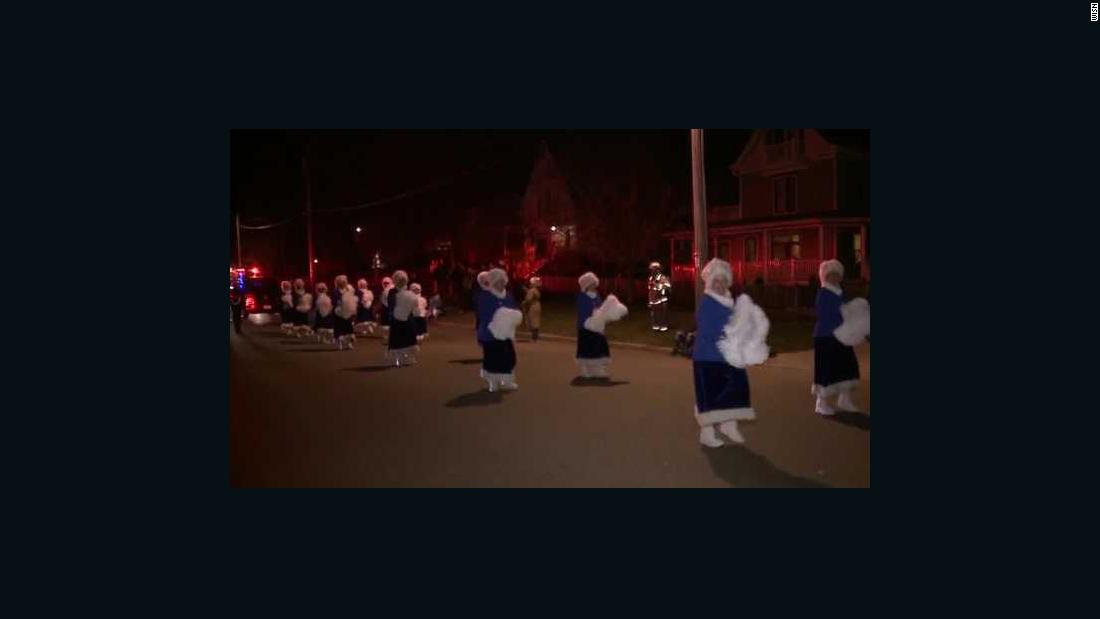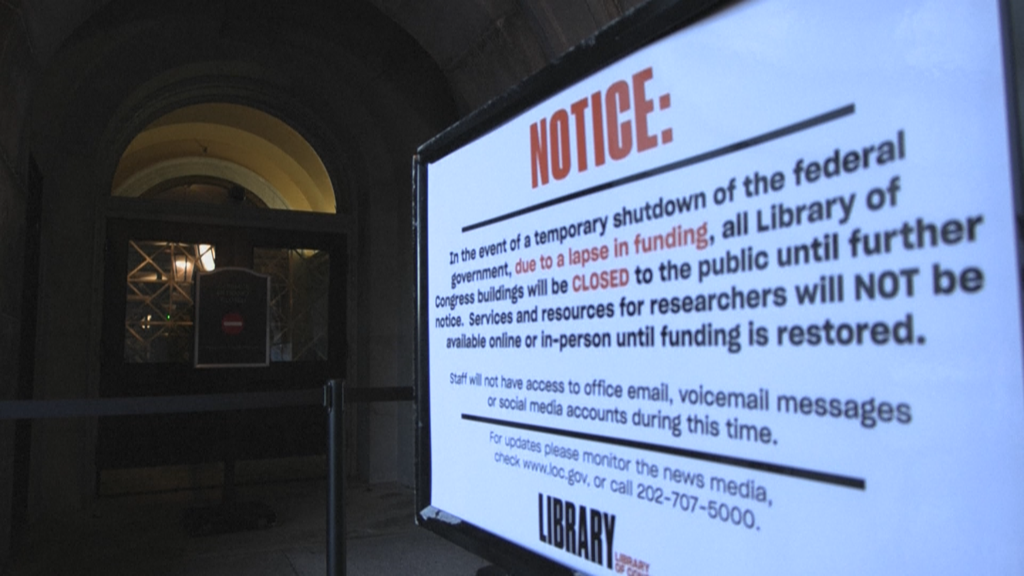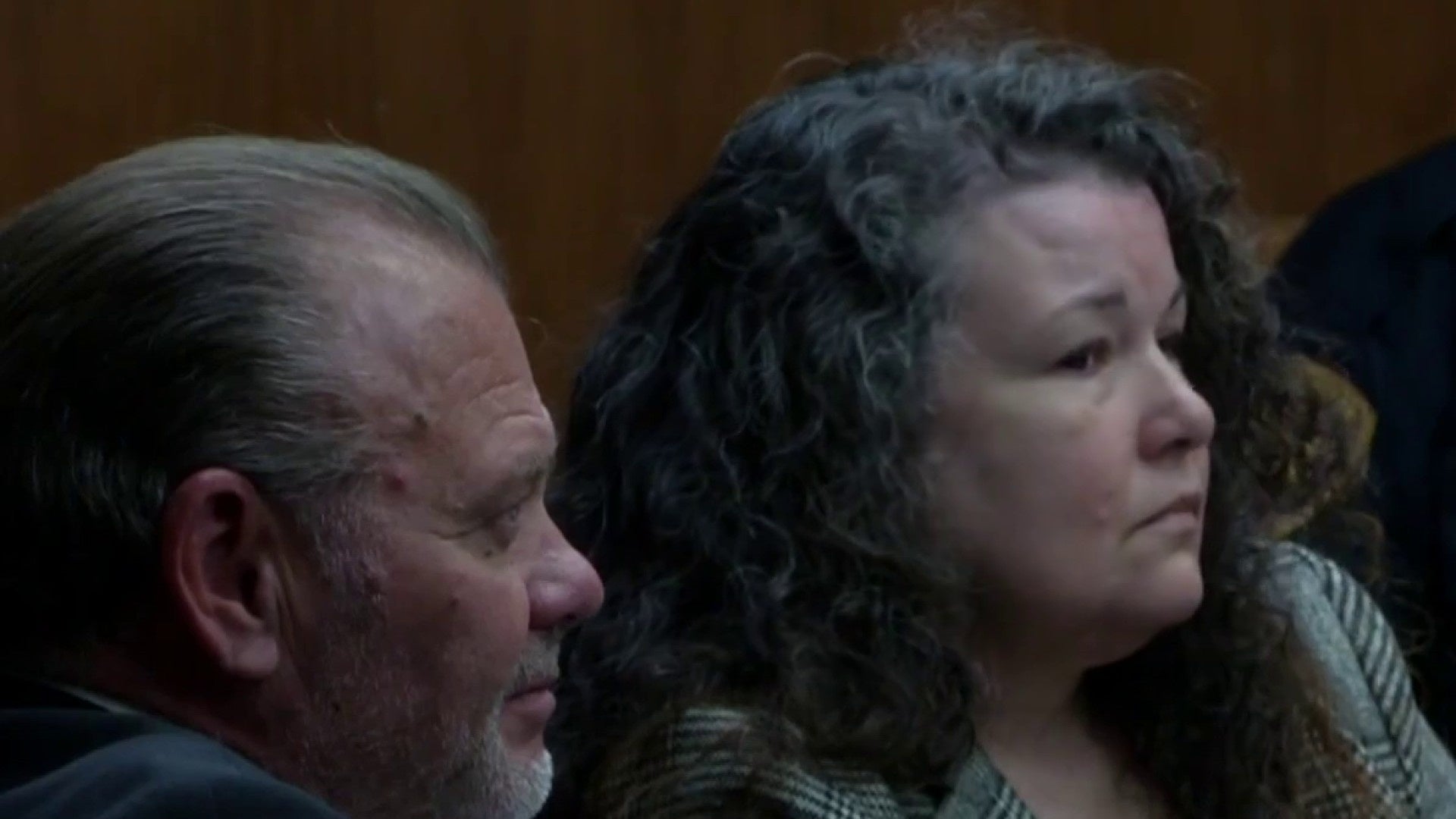Il Trittico: A Trio of Puccini’s Works in One Night at the Opera
Most people with even a hint of knowledge about opera, know Giacomo Puccini wrote the music to his masterpieces La Boheme, Madame Butterfly and Tosca. As for his collection of three one-act operas called collectively Il Trittico — not so much. But Houston Grand Opera is about to put the three one-acts together, something it […] The post Il Trittico: A Trio of Puccini’s Works in One Night at the Opera appeared first on Houston Press.


Most people with even a hint of knowledge about opera, know Giacomo Puccini wrote the music to his masterpieces La Boheme, Madame Butterfly and Tosca. As for his collection of three one-act operas called collectively Il Trittico — not so much.
But Houston Grand Opera is about to put the three one-acts together, something it has never done before and in fact is rarely done by any opera house, and it offers audiences a special chance to see Puccini writing later in his career. It is the last full work he ever wrote.
Internationally acclaimed soprano Corinne Winters is finally making her HGO debut carrying a role in all three operas. While the mood differs among the three one-acts, particularly with the third piece, she says they all show a mature Puccini at work.
The first of the three parts is Il tabarro: a sad story of what the death of a young child does to a marriage. The couple lives on a barge in Paris and while the husband wants his wife Giorgetta to go back to some of the good memories they had, she is not interested in doing so. She takes a lover leading to even more tragedy for all involved.
Winters plays Giorgetta, the wife of an older man who’s the boss of his business. “We don’t know her exact age but my guess would be mid-30s. Who from the beginning of the opera we can tell wants to be somewhere else. She’s clearly not happy in her marriage. And we figure out pretty quickly that there’s a younger man on the scene who is catching her eye. We don’t know right away what their relationship is but we do know there’s something between them.”
Next is Suor Angelica which focuses on a nun who has what was then a terrible secret: the baby she bore out of wedlock and had to give up. She’s become a nun to atone for her sins and wants to know what ever happened to her son. Director James Robinson has moved the all-female cast from a 17-century convent to a post-World War II hospital for children.
“Angelica is a woman I would say, probably late 20s who had a child out of wedlock and was put in the convent,” Winters says. “She’s seemingly happy in the convent; she’s an herbalist. She tends to her plants. She makes little concoctions, medical treatments and holistic remedies.
“All of a sudden her world blows up because her aunt arrives – she hasn’t seen her aunt in seven years, hasn’t heard from her — and says your sister is getting married and we need you to sign away your rights to the family because your sin has stained the family and this is the only way she can get married.
“Suor Angelica does that and she asks about her child and this is where we find out that she’s heard nothing of her child that was taken away from her straightaway” The child has died. She makes the decision that she’s going to kill herself to be with her child.”
Finally, some would say thankfully, the third one act offers a huge shift in tone – though it also involves a death. Gianni Schicchi is the comical story of greedy relatives aghast to discover the family patriarch Buoso has left his considerable fortune to a monastery and not, as they expected, to them. In this one also, Robinson has re-set the events, in this case from the 1290s to the 1960s, while the location is still in Florence.
In this, Winters says she has a smaller part. She’sLauretta, begging her father to let her marry Rinuccio. “Gianni Schicchi is amazingly wild fun. They will be laughing out loud in this one. It’s needed after the deep cries of the first two especially Angelica which always makes everyone cry.”
Other standout singers who will be taking on multiple roles across Il Trittico include mezzo-soprano Jamie Barton, bass-baritone Ryan McKinny, and tenor Arturo Chacón-Cruz. Patrick Summers, entering his final season as HGO’s artistic and music director, conducts.
As is the case for many professional opera performers, Winters began singing in a school choir, but it took years before she was interested in opera, she says. She grew up in Maryland when her father, a lawyer, was a rock musician on the side. “He has a great ear but no classical music in his upbringing or mine. My mom is not musical but she was absolutely about me following my talent. And I had a voice from very early on. “
And just like many singers, the categorization of her voice changed over the years. First singing as an alto – she thinks it was because she had a lot of color in her voice — and later as a mezzo soprano by the time she got to college. The longer she studied music, the more she was intrigued by opera. “I discovered I loved this art form.” By the end of her undergrad she was taking on soprano roles.
Most of her repertoire these days involves works by Puccini and Slavik music. “I come from a 50 percent Ukrainian-Jewish background” and although her family has been American for several generations, she says she has always been interested in that part of her heritage.
She says Il Trittico is tailor made for the somewhat shortened attention span of modern audiences and especially for someone who hasn’t attended an opera before.
“Each piece is short. You get an interval afterward. It’s not that long of an evening. And you get variety. It’s like reading short stories. And I think there’s a place for that. These stories are just as compelling as an episode of a binge-worthy TV show. Especially in these kinds of operas which are so real and so relatable I think they’re going to get lost in it.”
The post Il Trittico: A Trio of Puccini’s Works in One Night at the Opera appeared first on Houston Press.


























































